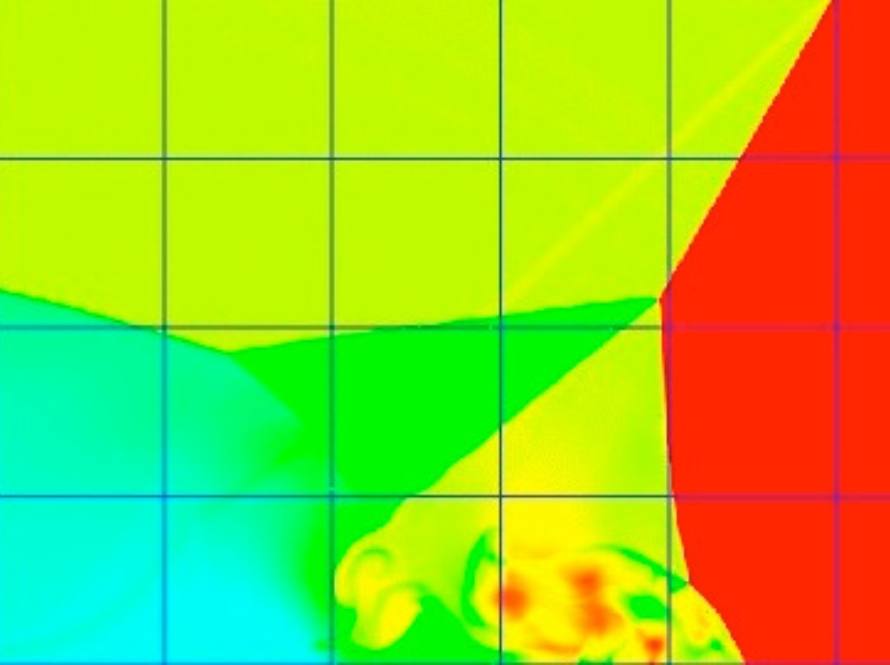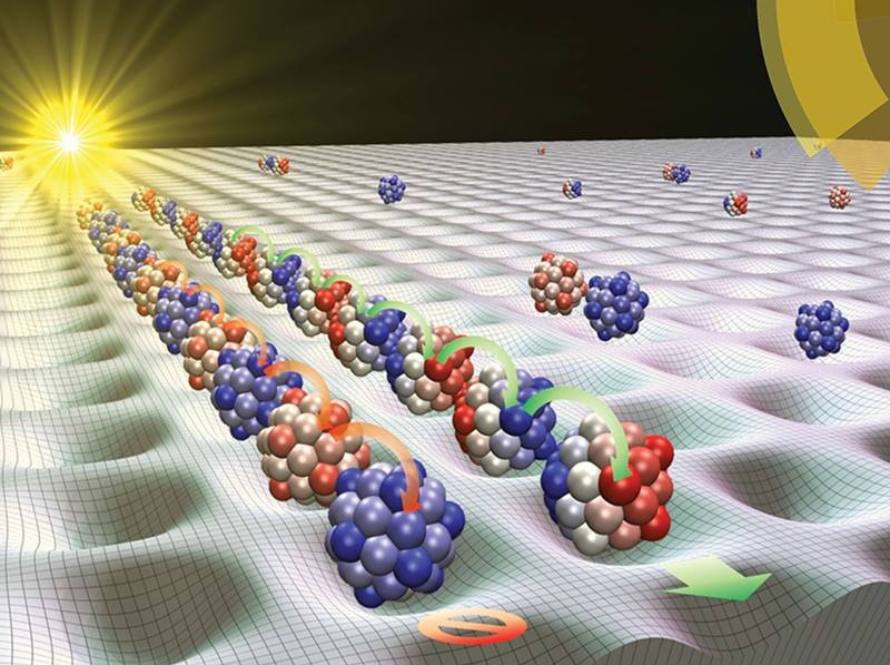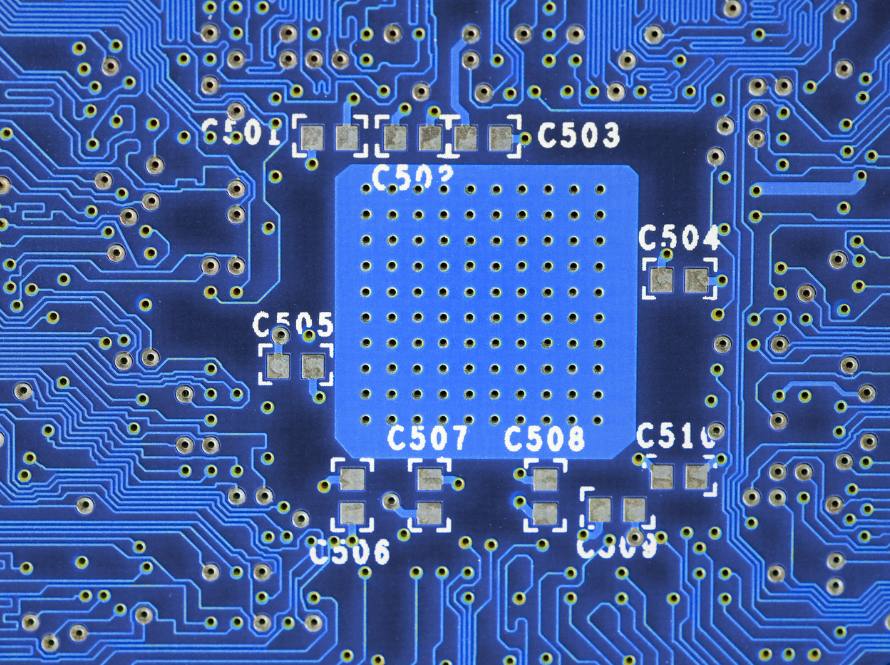Over the past 30 years, advances in computer technology allowed processor performance and functionality to double every two years—a trend known as Moore’s Law. Computational and experimental science have benefited from this trend with minimal changes to their supporting software environments. However, this era of predictable processor improvements is coming to an end. As computer chip manufacturing approaches the atomic scale, this shift will significantly impact the design of future high-performance computers (HPCs) and the software infrastructure needed to effectively use the nation’s scientific supercomputing facilities.
As we enter the era of “extreme heterogeneity,” computer vendors are developing systems built from combinations of different types of processors to enhance capabilities, boost performance, and meet energy efficiency goals. External economic drivers, such as the growth of data-centric machine learning and artificial intelligence, will lead to scientific supercomputers constructed from custom aggregations of components, increasing the complexity of developing scientific software.
At Berkeley Lab, our researchers are developing open-source software environments and collaborating with vendors to adapt to these complex changes in the design of future supercomputers. This work is crucial to advancing the nation’s scientific innovation and maintaining a high rate of discovery.
Our Research Pillars
- Programming Models and Runtimes
- Performance Analysis
- Post-Exascale HPC
- Security
- Smart Sensors, Edge Computing





